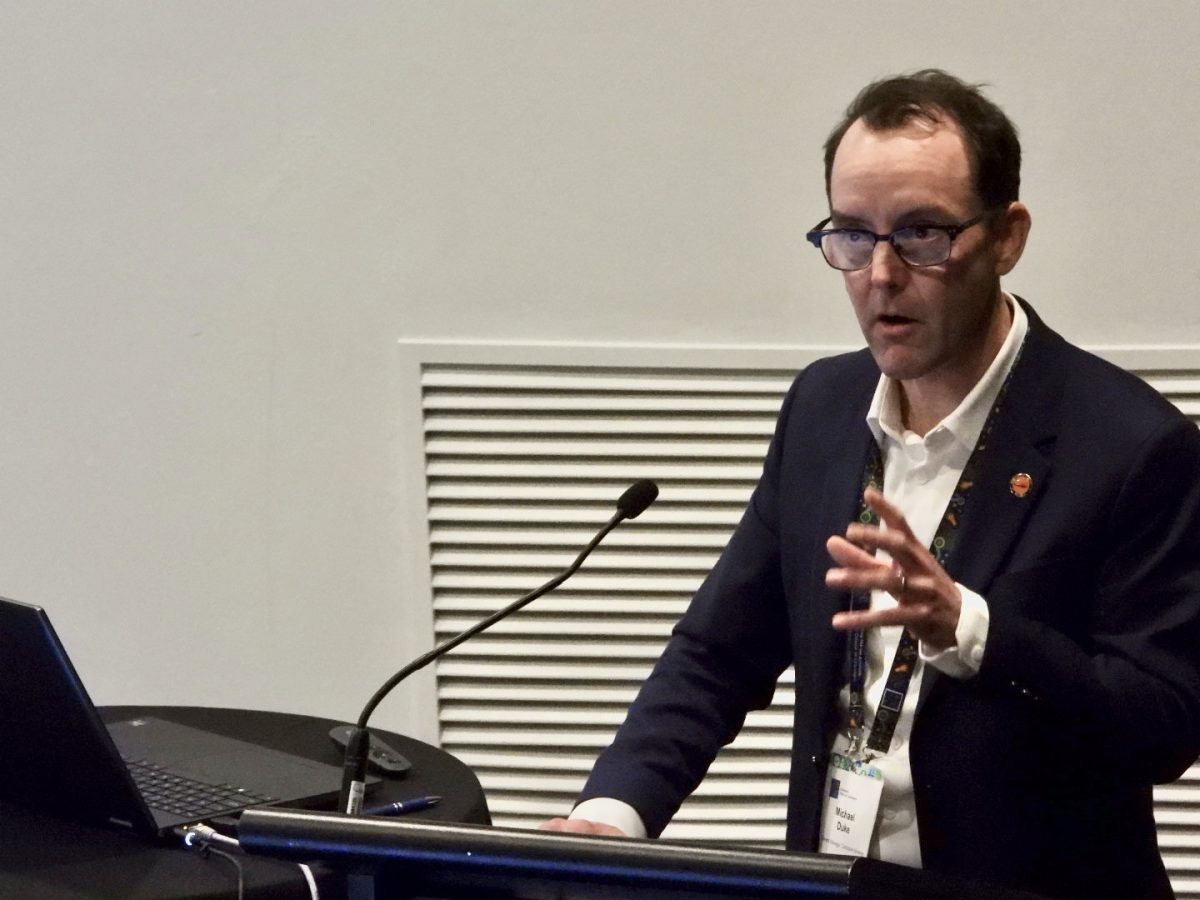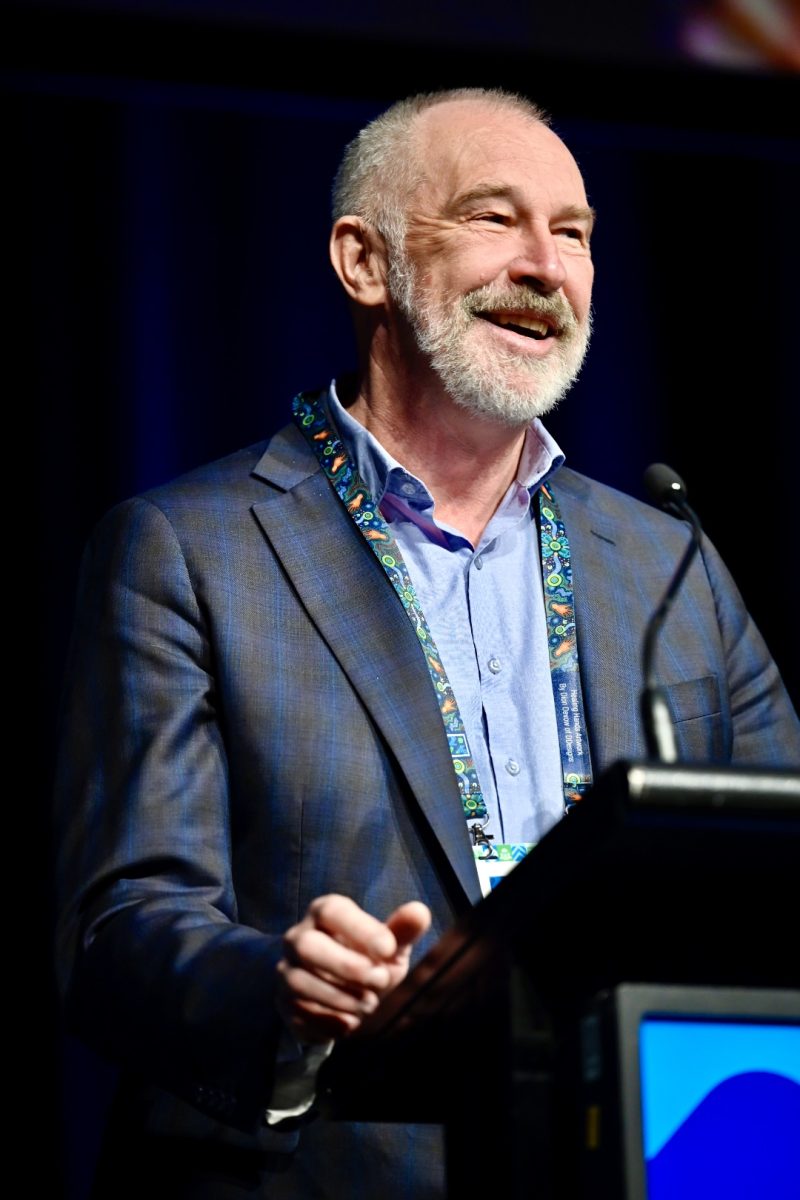
Comcare’s Michael Duke is tackling the subject of psychological injury at work. Photo: Comcare.
The term ‘psychosocial disease’ is being increasingly heard right across the public sector, playing out with a sharp rise in compensation claims over the affliction through Comcare.
That might come down to the fact there is abundantly more information being distributed about psychosocial disease, and also that changes to the work health and safety laws are making it easier for workers to claim for such injuries.
The 2024 Comcare National Conference held in Canberra this week revealed statistics to prove that when it comes to psychosocial injury at work, the focus must be on prevention.
Proper preventive steps will protect people’s mental health and save the government a lot of money.
The expected cost of a psychological claim is more than four times that of a physical injury or disease claim.
A reduction of just five psychological claims this year would lead to an expected cost saving of $1.75 million.
General manager of Comcare’s scheme Michael Duke told the conference that the rise in psychological disease claims requires an evidence-led approach to mental health.
“Mental health issues are now the most prevalent types of claims,” he said.
“We continue to see longer periods of incapacity and time off work before return-to-work outcomes for psychological claims.
“The median incapacity is at more than 30 weeks for psychological claims, so it’s quite significant.
“Return-to-work rates are sitting at 63 per cent; roughly only one in two return to work.
“That’s compared to about 85 per cent for physical injury claims. The difference is quite stark.
“For us in Comcare, it shows why prevention really does matter.”
A psychosocial hazard is anything that could cause psychological harm; in other words, harm to someone’s mental health.
Common psychosocial hazards at work include job demands, low job control, poor support, lack of role clarity, poor organisation change management, and inadequate recognition.
These things are what more employees in the private and public sectors are increasingly claiming injury over – with a particular increase noticed in the public sector.
Mr Duke said taking the approach that those workplace hazards need to be reduced will deliver noticeable outcomes, similar to how it has played out in relation to physical hazards at work.
The reduction in physical injuries over the past three years is equivalent to savings of close to $20 million in the sector – amounting to an average of 83 fewer physical injury claims per year.
The same saving could be made by reducing psychological injury claims to 19 per year over three years.
“Over the past few years we have seen that with the greater identification and management of physical hazards, the scheme has been able to decrease the physical injuries and physical diseases claims by upwards of 25 per cent,” Mr Duke said.
The design and management of workloads and a better focus on workplace interactions are two areas where steps can be taken to reduce psychosocial hazards.
Key legislated changes to the claims process include a less onerous claims process for the first respondents in the scheme who are suffering from post-traumatic stress disorder.
Another is that first responders diagnosed with PTSD no longer have to prove their condition was substantially contributed to by their jobs.

APS Commissioner Gordon de Brouwer also addressed the Comcare conference. Photo: Comcare.
Also addressing the conference was Australian Public Service Commissioner Gordon de Brouwer, who said discussing a psychologically safe and healthy workplace in such forums was important.
“It’s a great topic. It really matters to the public service
“Secretaries of departments and the agencies are really actively engaged in building psychologically engaged safe and healthy workplaces in the Australian Public Service … and bringing together strategies and actions in a really comprehensive way that will make a difference.”

















